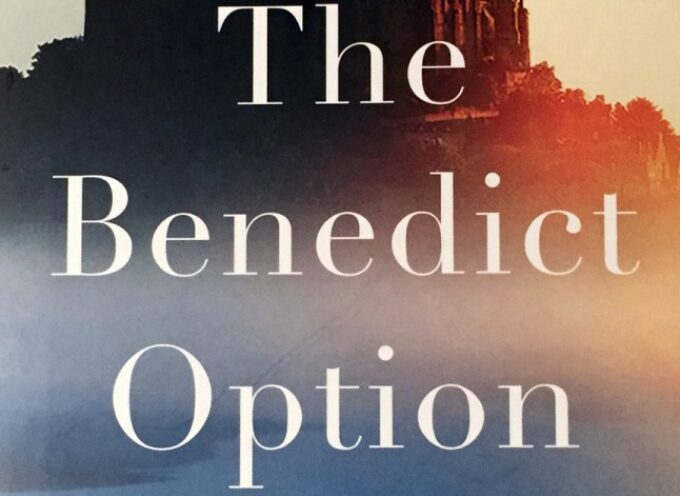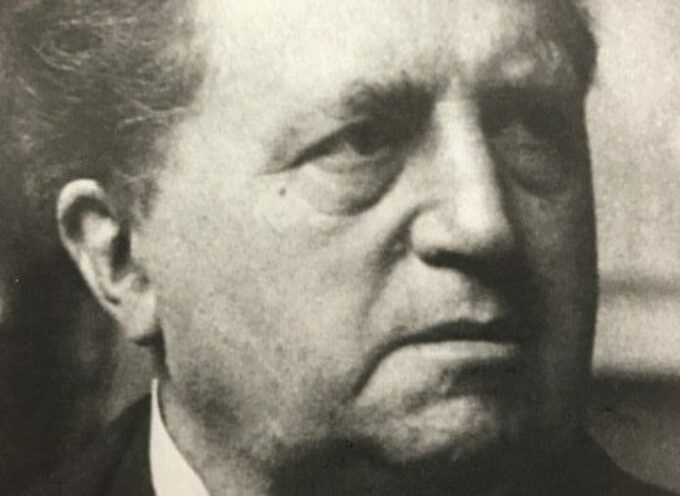There is an epidemic that kills more people than obesity and has the same negative effect as smoking 15 cigarettes per day. Former Surgeon General Vivek Murthy says it causes “an insidious type of stress” that can lead to chronic inflammation, heart disease, dementia, depression, and anxiety.
This condition is no respecter of persons, afflicting people of age, race, gender, and status.
What is this condition? It is loneliness, the type of sadness that comes from feeling isolated, disconnected, and vulnerable. It is the aching pain of finding yourself alone in the world, even though you might be surrounded by people.
Of course, loneliness is not new to the world. But our society is lonelier than most. In fact, even while “social” media use has spiked in recent years, so has loneliness, with more than 40% of all Americans and even many married people describing themselves as feeling disconnected, detached, or isolated.
I experienced this type of loneliness—in my late twenties and early thirties—in the midst of an extended period of depression.
It is no surprise, then, that my attention was captured by a new study from the University of Michigan, revealing that lonely people benefit from having a relationship with God.
This immediately caught my eye not only because of my past experience with loneliness but also because, as a pastor and seminary professor, I have seen the transformative effects of God’s friendship in the lives of many lonely people.
If you are lonely, or if you are acquainted with a person who experiences the aching pain of social disconnection, you should know that the God of the Bible offers a healing salve.
In fact, the opening act of the Bible’s narrative teaches us that God created us to be persons-in-community. He hard-wired us for deep relational connections with him and with the people around us. Let that sink in. God doesn’t want us to be lonely.
But the Bible’s story soon takes a dark turn, as man and woman broke rebelled against God and, in doing so, ruptured their relationship with God and with each other. And, like the first couple, each of us also experience broken relationships with God and with the people around us.
Loneliness would have won, had God not responded. Into our fractured world, he entered in the person of Jesus. Jesus’ life was so striking—and has been admired by so many people through the centuries and around the globe—because he modeled the perfect being-in-relationship for us. He was the exemplar of how to live in right relationship with others.
God the Son entered the world through the womb of Mary, grew up in a normal family and community, and undertook his earthly ministry with a group of 12 friends with whom he constantly interacted. Even on the eve of the most isolated day of his life—the crucifixion—he gathered to have supper with his disciples.
When Jesus was crucified, he was utterly isolated for the first time in his human life. As the religious, political, and military leaders of his day colluded to strip him naked, beat him mercilessly, and hang him on a cross, his closest friends abandoned him in fear and disbelief.
But even as the leaders of the world colluded to perpetrate the most evil act in the history of the world, God the Father and God the Son were orchestrating the greatest good the world has ever seen. Through the crucifixion, Jesus took our sin and pain and loneliness upon his shoulders, died for it, and in exchange offered us a relationship with God through him.
As we embrace God—through Jesus—he reconciles us to himself. He calls us his friends (John 15:15) and promises to be with us always (Matthew 28:20). He promises to be near to the broken-hearted and close to those who are emotionally crushed (Ps 34:18). He is the “God of all comfort” (2 Cor 1:3-4).
What’s more, he offers us a community, a place of belonging, that we know as the “church.” The church is an imperfect community, full to the brim with imperfect people, but it is God’s chosen community, a place where the weak find their strength and the lonely find their home (Romans 12:10-13).
Interestingly, psychologists and therapists argue that 40% of their success with a client is determined by the quality of relationships the client has outside of the counseling office. And churches—even with their imperfections—can provide exactly the type of therapeutic community a lonely person needs.
The great theologian Augustine once said, “our hearts are restless until they find their rest in God.” He was right. The God who created us to be persons-in-community, and who entered our world in the person of Jesus, calls us to find our rest in him and to experience that rest in his community—the church.
Are you lonely? Well, you’re not alone.
You’re not alone because many of us have also experienced the aching sadness of being disconnected. You’re not alone because the people of God stand ready to welcome you into their community. Most of all, you’re not alone because the God who created you, knows you, and loves you offers you his friendship.
Subscribe
Never miss a post! Have all new posts delivered straight to your inbox.








I don’t feel lonely as a husband or father of three or grandfather of ten, but I do feel lonely as a pastor. There are some things that I simply can’t share with anyone and so serving as the pastor a local Southern Baptist Church is lonely. My wife is quick to remind me that Jesus knows and understands is with me which helps. Thanks for a great article dealing with a difficult subject.